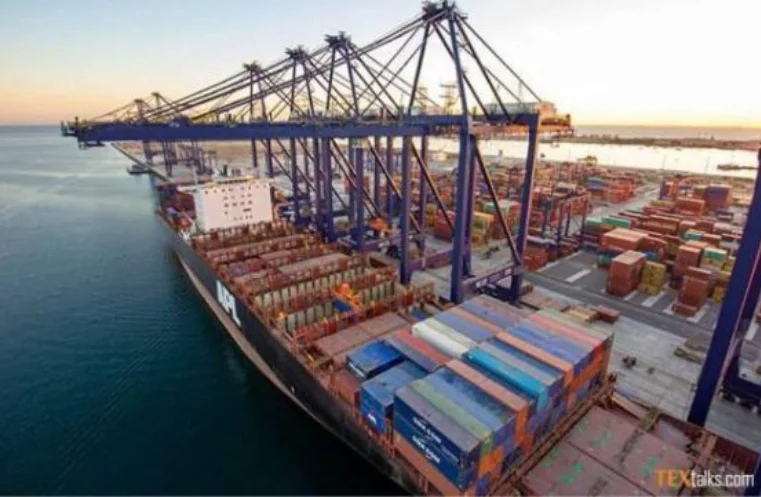Islamabad, Feb 6: Pakistan is making bold strides to modernise its maritime sector, aiming to enhance efficiency, transparency, and economic growth. Under the leadership of the Task Force (TF) on Revamping Pakistan’s Maritime Sector, these digital reforms are set to transform key ports, such as Karachi, Port Qasim, and Gwadar, into world-class hubs for international trade.
Pakistan’s maritime sector, which is crucial to its economy, has long been hindered by inefficiencies, outdated logistics systems, and limited transparency. Recognising these issues, the Task Force has placed digitisation at the heart of its strategy to rejuvenate the sector. The focus is on using technology to streamline operations, reduce delays, and boost economic productivity.
A key initiative in this transformation is the introduction of the Port Community System (PCS). This platform will serve as a neutral, electronic hub for secure information exchange among all maritime stakeholders. The PCS will be rolled out in phases, initially focusing on vessel management and integration, followed by improvements in vessel operations, and later expanding to logistics appointment systems and terminal management.
Another major reform is the upgrading of Pakistan’s Web-Based One Customs (WeBOC) system. The revamp will enhance user experience, improve efficiency, and integrate new features through rigorous testing and API connections. The system overhaul will ensure smooth customs clearance processes for businesses, significantly cutting down processing times.
Read More:
Gold Rates in Pakistan on 6th February 2025
Real-time integration of Terminal Operating Systems (TOS) with the PCS and WeBOC is another critical upgrade. This will ensure seamless coordination across the entire port ecosystem, improving cargo handling and reducing delays. Additionally, the digitalisation of financial transactions via the Pakistan Single Window (PSW) will promote transparency and curb corruption in trade-related financial operations.
Other notable reforms include the implementation of an advanced Vessel Traffic Management System (VTMS) to improve vessel monitoring and safety, as well as the establishment of offices for Other Government Agencies (OGAs) to speed up clearance processes. The integration of Enterprise Resource Planning (ERP) systems at Karachi Port Trust (KPT) and Port Qasim Authority (PQA) will automate workflows, enhancing decision-making capabilities.
The use of Business Intelligence (BI) dashboards will allow policymakers to access real-time data analytics, guiding more informed decisions. Additionally, AI-powered risk management systems will streamline risk assessments and automate case processing, while modern port scanners will enhance security and inspection efficiency.
These digital reforms represent a bold vision for the future of Pakistan’s maritime sector. By embracing cutting-edge technology, Pakistan aims to modernise its trade infrastructure, attract foreign investment, and elevate its position in global trade. With these initiatives, Pakistan is setting the stage for greater economic growth, job creation, and improved business competitiveness.
As these reforms unfold, Pakistan’s maritime sector is positioned to emerge as a catalyst for national development, setting a new benchmark for efficiency and innovation in the region.









